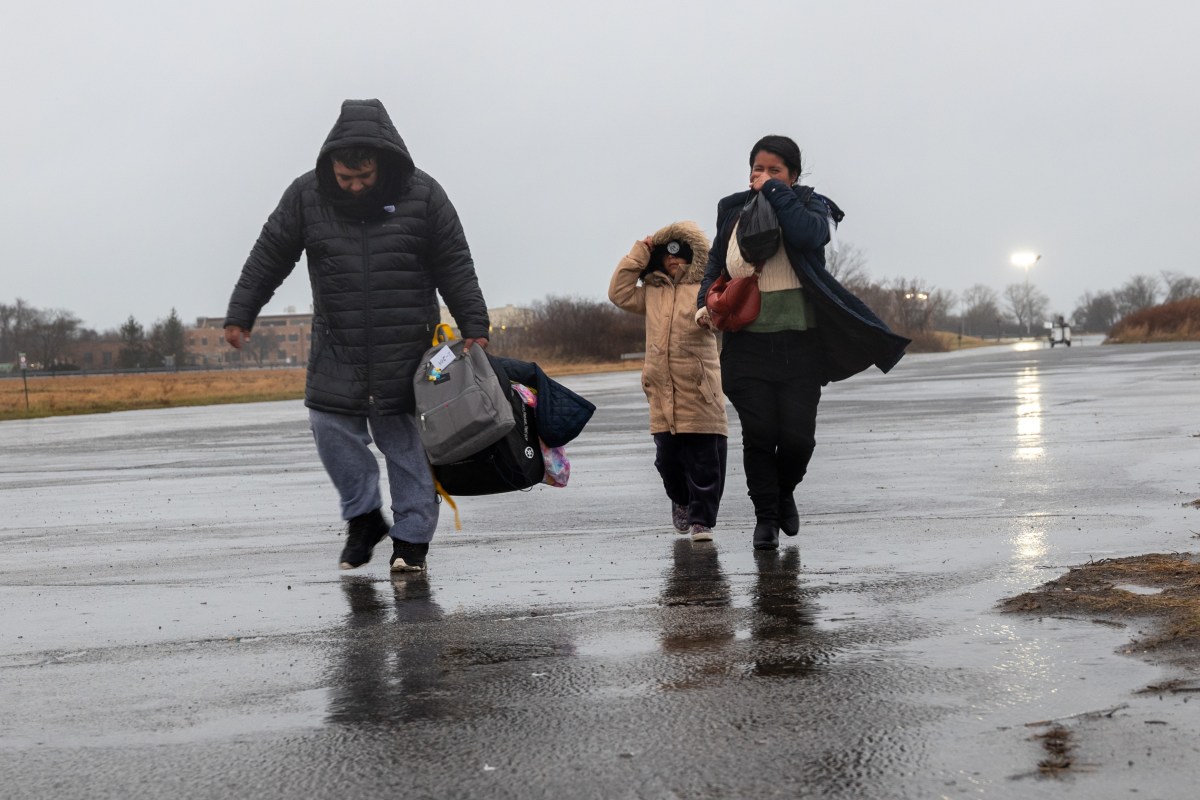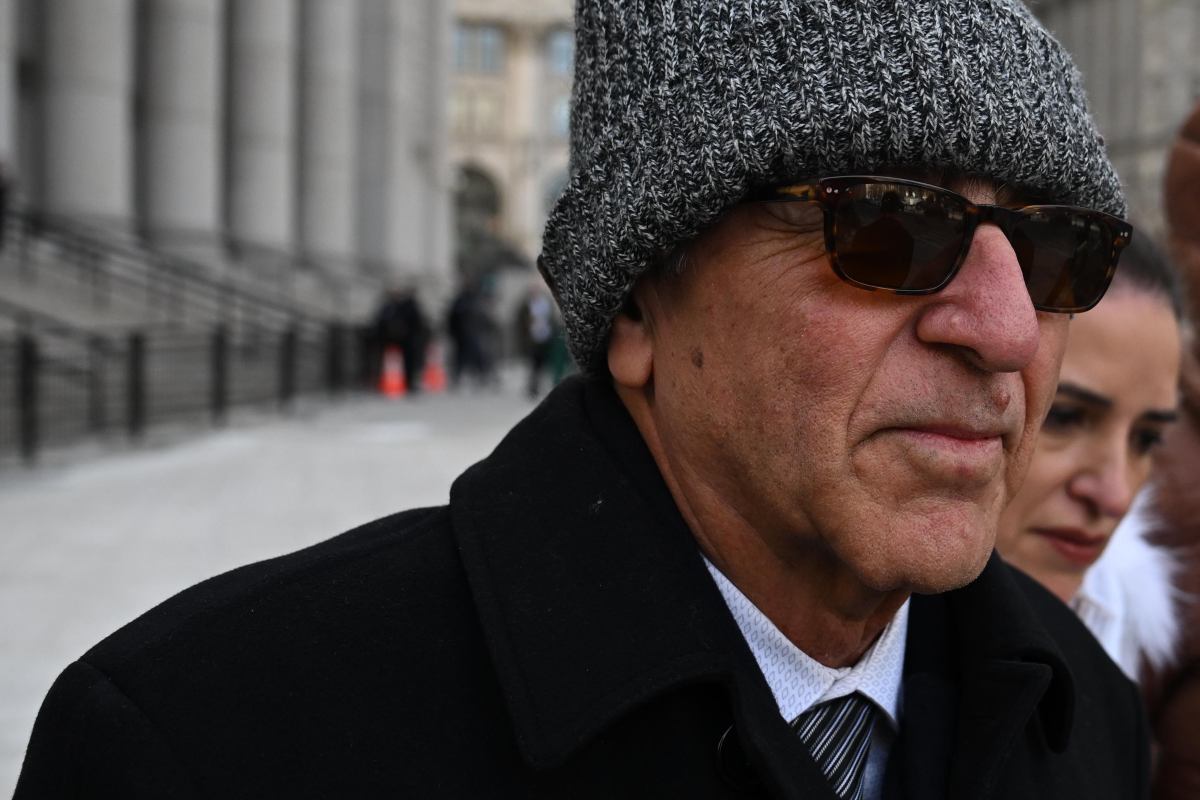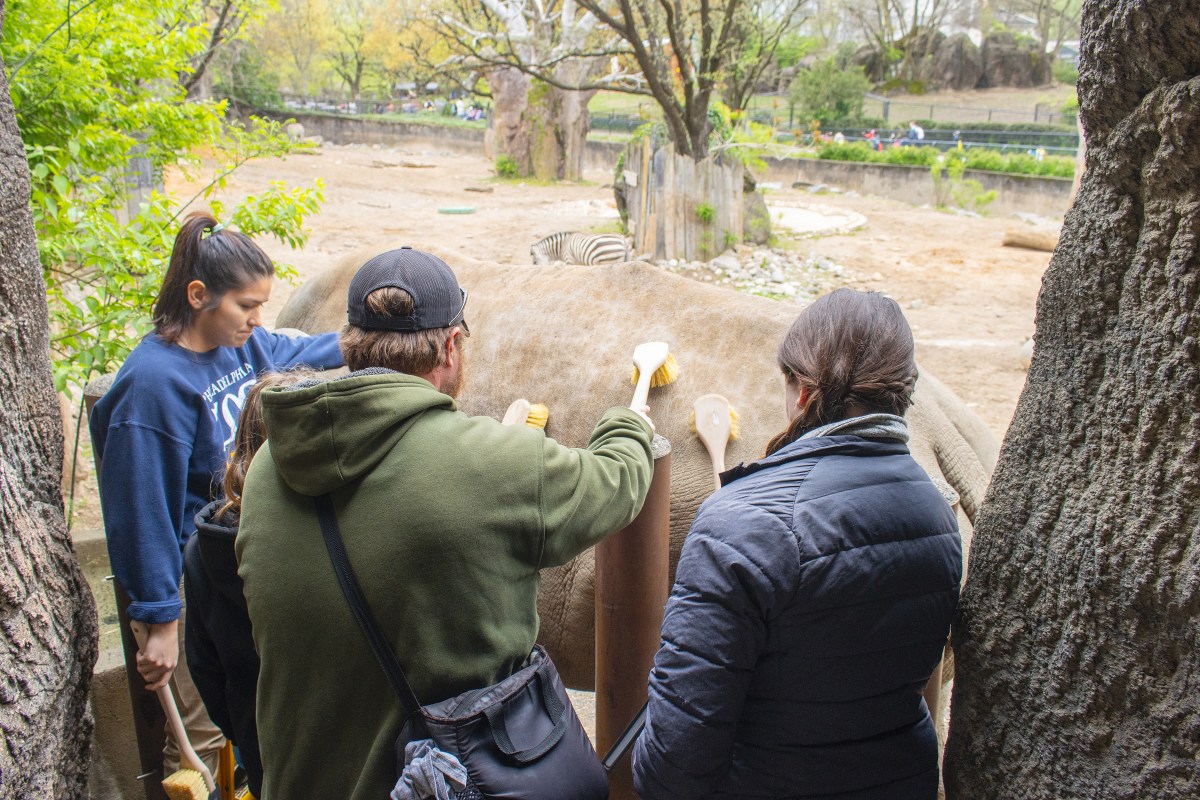TOKYO (AP) — Japan is hosting a conference for Japanese and Ukrainian officials to discuss reconstruction of Ukraine just ahead of the two-year anniversary of Russia’s invasion, while the U.S. and other Western countries are still focusing on military aid for the battlefield. Hundreds of senior officials and executives are attending the Japan-Ukraine Conference for Promotion of Economic Growth and Reconstruction in Tokyo. AP explains the event, its purpose, who’s attending and the projects being discussed.
WHO ARE ATTENDING?
The conference is co-organized by the Japanese and Ukrainian governments, Japan’s powerful business organization Keidanren, and the Japan External Trade Organization, or JETRO.
Ukraine’s Prime Minister Denys Shmyhal is heading his country’s delegation of more than 100 government and corporate officials, while President Volodymyr Zelenskyy planned a video message. First Deputy Prime Minister Yuliia Svyrydenko, Finance Minister Serhiy Marchenko and Environmental Protection and Natural Resources Minister Ruslan Strilets are attending.
Prime Minister Fumio Kishida is leading Japan’s side, joined by Foreign Minister Yoko Kamikawa, Economy and Trade and Industry Minister Ken Saito, and Keidanren chair Masakazu Tokura, among many others. About 100 officials from Japanese companies, the majority of them startups but from also leading companies like Kawasaki Heavy Industry, farming equipment makers Yanmar Holdings and Kubota Co., and telecoms company Rakuten Symphony also are attending.
WHY NOW?
Japan hopes the conference will help build support for Ukraine as the war drags on after two years, at a time when attention has been diverted to the situation in Gaza. Officials in Tokyo say the global community should unite in supporting Ukraine to show that using force against other countries will not be tolerated.
WHY IS JAPAN DOING THIS?
The conference is largely about reconstruction and investment in Ukraine that could put Japan ahead of the curve. It’s also about Japan’s national security. Kishida has repeatedly said “Ukraine today could be East Asia tomorrow.” Japan has staunchly opposed Russia’s invasion, viewing it as a one-sided change of the “status-quo” by force. It is concerned about China’s increasingly assertive military actions in the region.
Japan has earned a strong reputation for economic and development cooperation under its post-World War II pacifist policy that commits it to never using force against other nations. Tokyo has eased that restraint to build up a military deterrence against China, but its support for Ukraine has largely been for humanitarian assistance. It has limited its supplies of military equipment to non-lethal weapons.
Japan’s $12.1 billion contribution to Ukraine over the past two years is much smaller than the $111 billion that the United States and other Western nations have provided in weapons, equipment and humanitarian assistance.
The government hopes to facilitate private sector investment while minimizing risks of business operations in Ukraine.
Having risen from the ashes of devastation from World War II and from the damage caused by major earthquakes and other disasters, Japan believes it has a special role to play in aiding Ukraine’s rebuilding.
WHAT KINDS OF DEALS ARE BEING DISCUSSED?
The Ukrainian side has expressed high expectations for Japanese companies’ expertise in technology and Japan’s experience in postwar and disaster reconstruction, officials say. Ukraine’s reconstruction also will mean future investment and business opportunities for startups, who are the majority of those attending the conference.
The Japanese government has chosen seven target areas — including removal of mines and debris; improvement of humanitarian and living conditions; farming; biochemical manufacturing; digital and information industries; infrastructure for power generation and transportation and anti-corruption measures.
A Tokyo-based bridge-builder, Komai Haltec, is working on a deal to supply small wind power generation facilities as backup power for Ukraine’s state gas operator. Sumitomo Trading and Kawasaki Heavy Industry are reportedly considering working on reconstruction of Ukrainian gas pipelines. Rakuten Symphony signed a cooperation deal in August with Veon, a Ukrainian information company in 5G and other communication services. Japanese startups include one that has developed radar-mounted landmine removal equipment and another one that provides optimized farming by analyzing soil components by satellite imagery.
WHAT WILL HAPPEN AT THE CONFERENCE?
In his keynote speech at the opening session Monday, Kishida stressed the importance of investment across industries for the future of Ukraine’s development and of providing support suitable for the country.
The two sides will issue a joint communique and dozens of memorandums of cooperation on the reconstruction will be announced. Attendants are to attend two other sessions — one on economy, another on women, peace and security.























